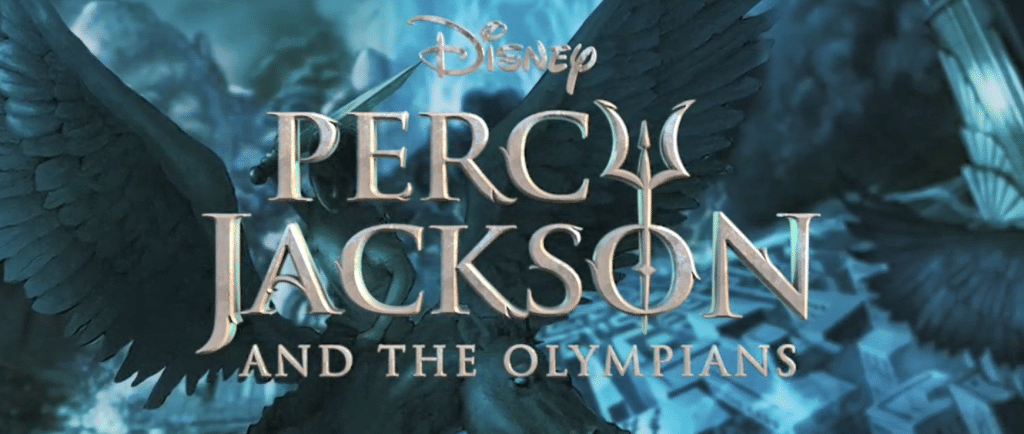
I grew up obsessed with the Percy Jackson and the Olympians book series. I found myself imagining that I was a daughter of Athena because I had been a smart kid, while my artsy friends would align with Apollo and my stylish friends were drawn to Aphrodite. While offering representation rare for any childrens’ book, Percy Jackson also presented an interesting approach to explaining human origins and cultural practices in a world where gods of ancient Greece are proven to be real. While we (and the unknowing mortals of this alternate universe) have scientific explanations to explain how the world works, it’s accepted among the demigods and creatures of greek myth that the gods are responsible for just about everything. The moon doesn’t control the tides, Poseidon does. Persephone and Demeter are responsible for the seasons, not the tilt of Earth’s axis. Through this deviating origin story, we see an alternate vision of concepts such as genetics, hierarchy, technological developments (such as the control of fire), and behavioral modernity.
In the world of Percy Jackson, our idea of how the world works is cast aside. In a biological sense, having a godly parent makes genetics a complicated topic. Demigods are half-human, half-god, but their godly genetics seem to not “count” in certain cases. A son of Poseidon dates a daughter of Athena in the series, even though their parents are technically uncle and niece. This aspect of courtship was touched upon in the novel series — children of the same deity can’t be together because they’re technically siblings, though the strange nature of godly genetics means that dating children of other deities is okay. This stands in contrast to our concept of genetics where procreating with someone closely related is off-limits for a wide variety of reasons such as potential birth defects.
At Camp Half-Blood, where the demigods of this universe train over the summer, we see the hierarchy of Mount Olympus unfold among teenage campers. Children of the “big three” gods have more grandiose cabins (aside from Hades who doesn’t have a cabin as he doesn’t have a throne on Mount Olympus), though they often remain empty as the more powerful gods aren’t supposed to have children. Zeus and Hera’s cabins are also placed in a position that commands respect, at the center of the circle of cabins. Percy Jackson, a son of Poseidon, gets cast into a leadership role because of his advanced status and incredible demigod powers. More experienced campers and those with greater powers and abilities often become cabin leaders, and are entrusted with greater responsibilities such as the possibility of going on quests. The world of Olympians is extremely hierarchical, and we see that reflected in the status of the gods’ children.
Evolution (technological, cultural, and biological) is another concept that the Percy Jackson universe’s narrative fundamentally alters. Prometheus is responsible for giving humans control of fire and Hestia is indicative of the hearth, but in our world, fire control and hearth usage are framed as a gradual process largely marked by accidental discovery and coincidental occurrences that culminated in an important advancement. Behavioral modernity, marked by concepts such as complex language, specialized tools, symbolic thinking, and rational thought, can all be explained as a gift to humanity from gods like Athena and Hephaestus.
In a world where progress and human origins are explained by godly magic and a system of gifts/punishments, a field like anthropology seems almost useless. In our world, where it’s (almost) certain that the Greek gods don’t exist, the importance of anthropology becomes more important. We don’t have magical, storyline-convenient explanations for our origins, but that drive to know who, what, where, and why pushes us to search harder — almost like the Forethinker Titan, Prometheus, is urging us onward.
